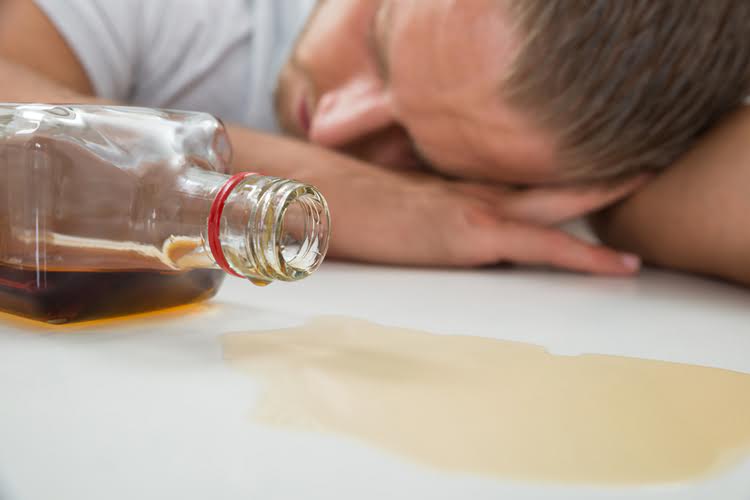Many factors play a role in a person’s decision to misuse legal or illegal psychoactive substances, and different schools of thinking assign different weight to the role each factor plays. They may not recognize that stopping use of a substance is only the first step in recovery—what must come after that is building or rebuilding a life, one that is not focused around use. They may falsely believe that their recovery is complete, or that cravings are a sign of failure, when in fact it takes time to rebuild a life and time for the brain to rewire itself and learn to respond to everyday pleasures. In general, the longer a person has not used a substance, the lower their desire to use.

A study published by Hunt and colleagues demonstrated that nicotine, heroin, and alcohol produced highly similar rates of relapse over a one-year period, in the range of 80-95%2. Relapse prevention (RP) is a strategy for reducing the likelihood and severity of relapse following the cessation or reduction of problematic behaviours4. Treatment plans should be tailored to the patients individual needs and preferences, and take into consideration https://ecosoberhouse.com/ availability of different treatment modalities (e.g., residential versus outpatient treatment). Smooth and gradual transition from a higher to lower level of care can additionally facilitate recovery, as it gives the patient time to adapt. It is important for clinicians to be aware of the complexities of substance use disorders (SUDs) and recovery, so that they can provide optimal support for the patients progress and maintenance of recovery.
The Top 10 Relapse Prevention Skills
The causes of substance dependence are rarely obvious to users themselves. Addiction recovery is most of all a process of learning about oneself. A better understanding of one’s motives, one’s vulnerabilities, and one’s strengths helps to overcome addiction. The belief that addiction is a disease can make people feel hopeless about changing behavior and powerless to do so. Seeing addiction instead as a deeply ingrained and self-perpetuating habit that was learned and can be unlearned doesn’t mean it is easy to recover from addiction—but that it is possible, and people do it every day.
These mindfulness skills are intended to help the patient increase their awareness of cravings and other unpleasant feelings without judgment of the feelings as “bad” or necessitating a reaction. The clinician will use a range of strategies to facilitate these activities. For example, in Relapse Prevention – and many of the cognitive-behavioral approaches – role playing is common. This means in RP, the relapse prevention skills clinician and patient may act out an upcoming or common “real-life” situation to help with skill practice and application. You may not plan to relapse, but that doesn’t mean you’re not susceptible to one. If you’re recovering from a substance use disorder, it’s important to have a plan written out and shared with others, such as friends, family members, or members of your professional care team.
Why Are Relapse Prevention Skills Important?
By knowing the triggers, the patient can put mitigation measures in place. That’s where getting help and pursuing personal development come into play, to help counter them. • Build a support network of friends and family to call on when struggling and who are invested in recovery. Focusing on self-care from a psychological, emotional, and physical perspective can improve a person’s emotional state. In a study by McCrady evaluating the effectiveness of psychological interventions for alcohol use disorder such as Brief Interventions and Relapse Prevention was classified as efficacious23. One of the most notable developments in the last decade has been the emergence and increasing application of Mindfulness-Based Relapse Prevention (MBRP) for addictive behaviours.
Southern Maine Health Care – Services – Addiction Treatment – MaineHealth
Southern Maine Health Care – Services – Addiction Treatment.
Posted: Tue, 24 Oct 2023 16:46:12 GMT [source]
